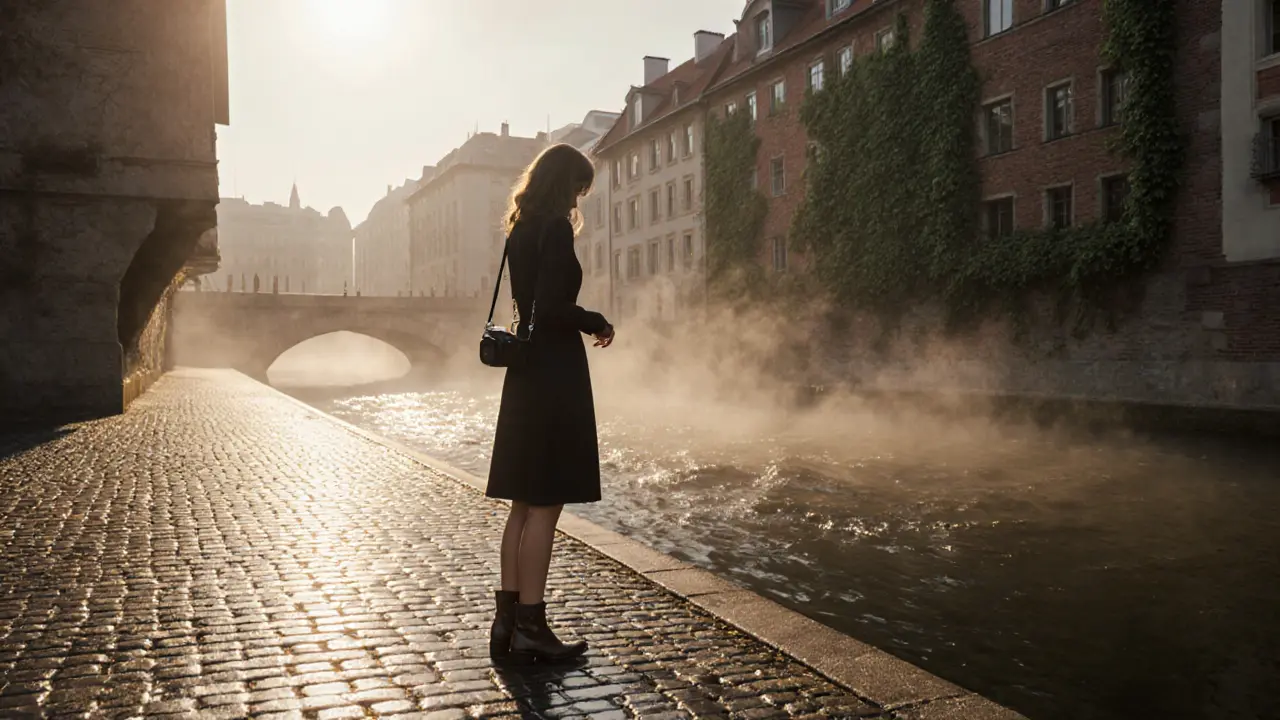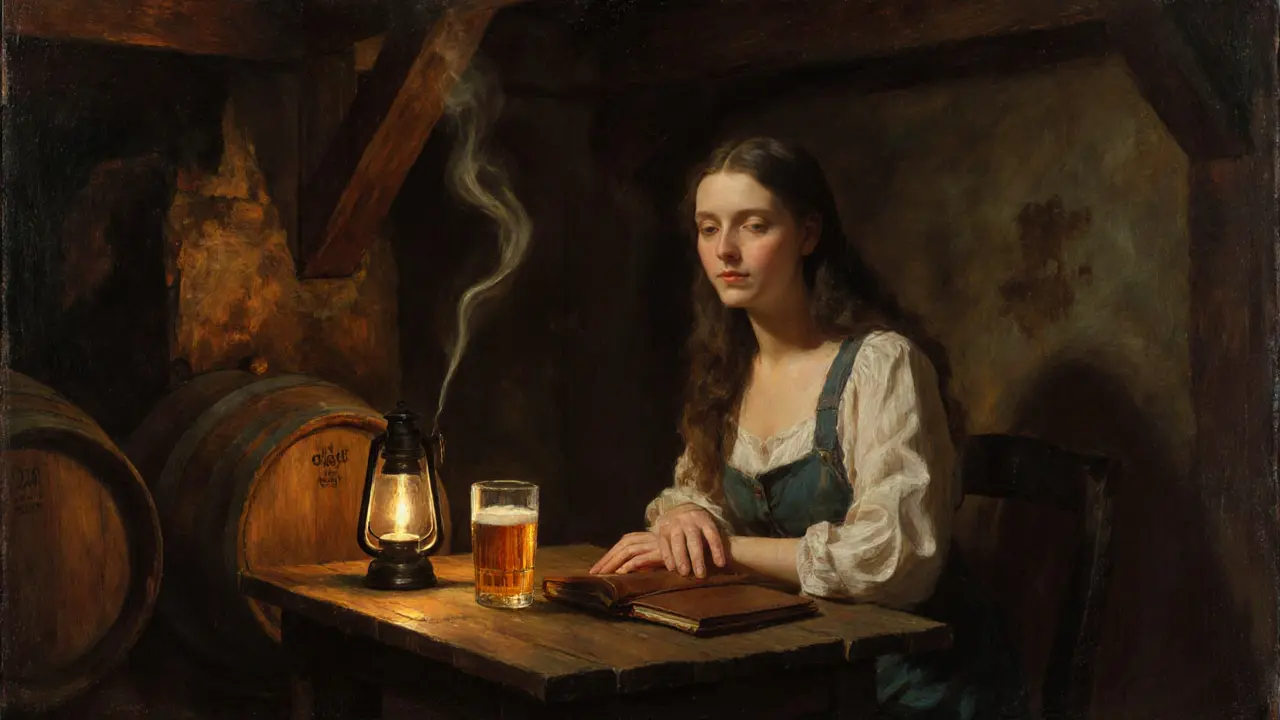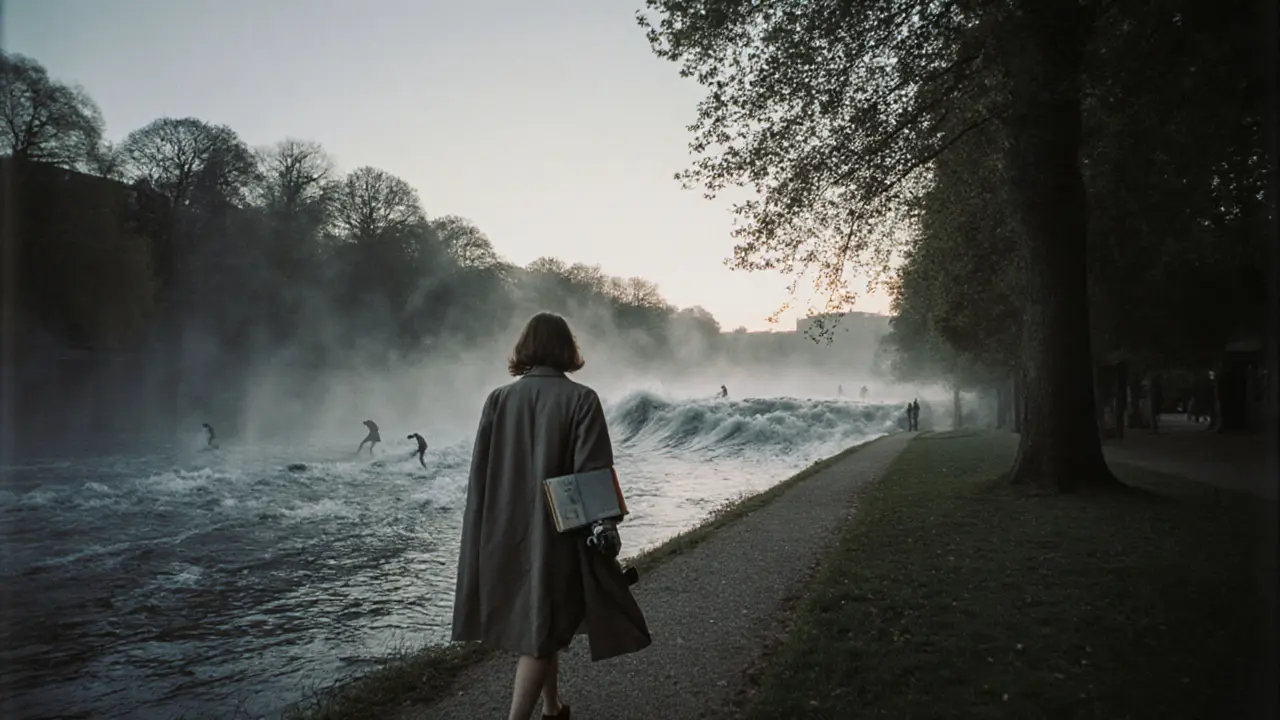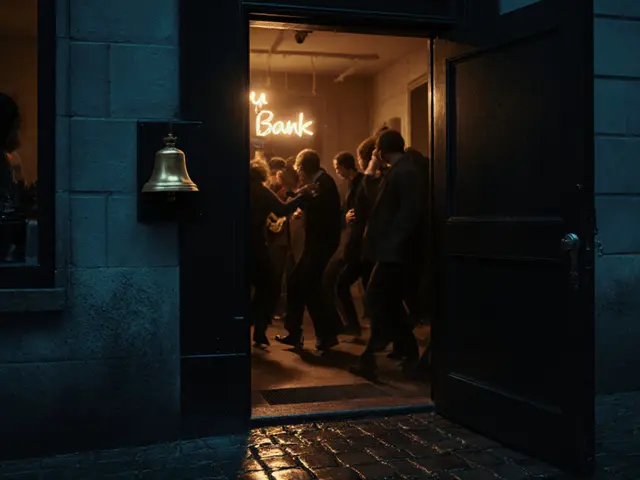
Sexy Cora isn’t just a name on a poster. She’s the kind of presence that turns heads in a Munich beer hall, not because she’s shouting for attention, but because she moves through the room like she owns the quiet between heartbeats. Born and raised in Bavaria, Cora doesn’t play at being German-she lives it. And that’s what makes her sexy in a way no imported glamour ever could.
What Makes Cora Different in Munich’s Scene?
Munich has no shortage of beautiful women. But Cora stands out because she doesn’t try to fit a mold. She doesn’t wear stilettos to a traditional Oktoberfest booth. She wears leather boots, a simple black dress, and a smirk that says she knows more about the city’s hidden alleys than any tour guide. Her look is understated, but her energy? That’s loud. It’s the kind of confidence you feel before you hear her speak.
She’s not a club dancer. She’s not a social media influencer chasing viral trends. Cora works as a freelance photographer and occasional model for local designers who value authenticity over polish. Her photos aren’t filtered to look like Paris or Milan. They’re shot in the foggy morning light of the Isar River, beside old brick buildings with ivy crawling up the sides, or inside a 200-year-old brewery cellar where the air still smells like yeast and wood smoke.
The German Spirit in Her Presence
German beauty isn’t about curves or makeup. It’s about precision. Control. Stillness. Cora embodies this. She doesn’t giggle loudly at jokes she doesn’t find funny. She doesn’t pose for selfies with strangers. She listens. She watches. And when she smiles, it’s because something genuine clicked.
This isn’t Hollywood’s idea of sexy. It’s Bavarian. It’s the woman who knows how to pour a perfect Helles lager without spilling a drop. Who can debate the merits of different types of rye bread at 11 a.m. and still look like she just stepped out of a fashion editorial. Her sexuality isn’t performative-it’s rooted in self-possession. That’s what draws people to her. Not just men. Women too. Artists. Writers. Even old men who’ve lived in Munich since the 1970s and say, “She’s the kind of girl we used to dream about.”
Where You’ll Find Her in Munich
You won’t find Cora at the crowded clubs on Tal or Sendlinger Straße. She avoids the tourist traps. Instead, she’s often at Prinzregentenstraße’s tiny jazz bars, where the music is low and the lighting is amber. Or at Wirtshaus in der Au, a family-run pub where the owner knows her by name and brings her a glass of Apfelschorle without asking.
On weekends, she walks through the English Garden in the early hours, sometimes with a camera, sometimes just with a book. Locals recognize her-not because she’s famous, but because she’s a constant. She’s the woman who sits on the bench near the Eisbach wave, watching surfers ride the unnatural river curl, not because she’s trying to be seen, but because she finds peace in motion.

Why She Represents Modern Munich
Munich is changing. Younger generations are blending global styles with deep local roots. Cora is the living example of that fusion. She listens to Kendrick Lamar but knows every verse of a traditional Bavarian folk song. She wears designer clothes but buys her socks from the market stall near the Viktualienmarkt. She speaks perfect English but refuses to drop the Bavarian dialect when talking to her grandmother.
Her brand isn’t about sex appeal-it’s about identity. And that’s why people call her “Sexy Cora.” Not because she’s overtly sexual, but because she’s unapologetically herself. In a city that still clings to tradition, she’s the quiet revolution. She doesn’t need to scream to be heard. She just shows up, exactly as she is.
How She Built Her Presence Without the Spotlight
She didn’t go viral. She didn’t hire a PR team. She didn’t post bikini pics on Instagram to grow followers. Instead, she started taking photos of friends, then strangers, then local artists. She posted them on a simple website with no ads, no hashtags, just her name and a short caption: “Munich, 2024.”
Slowly, people noticed. A gallery owner saw her work and invited her to exhibit. A fashion magazine reached out for a feature-not for her body, but for her perspective. She agreed, on one condition: no retouching. The spread ran with natural skin, unstyled hair, and real shadows. Readers wrote in. Some called her beautiful. Others called her real. A few said, “I didn’t know German women could look like this.”
That’s the power of authenticity in a world full of filters. Cora didn’t become known because she looked like someone else. She became known because she looked like herself-and Munich noticed.

What She Thinks About Being Called “Sexy”
In a rare interview with a local culture zine, she said: “Sexy isn’t a look. It’s a feeling you give off when you’re not trying to be anything. When you’re not apologizing for being here. For being loud. For being quiet. For being too much or not enough.”
She doesn’t hate the label. She just doesn’t let it define her. She’d rather talk about the new mural painted on the side of the old tram depot in Haidhausen. Or how the city finally fixed the broken fountain in the Englischer Garten. Or how the old man who sells chestnuts near Karlsplatz still remembers her from when she was twelve and used to beg for a free one.
Her Legacy in Munich’s Culture
Cora isn’t a celebrity. She doesn’t have a million followers. But she’s part of something bigger. She’s proof that Munich’s soul isn’t in its beer halls or its castles-it’s in the quiet, unpolished women who walk its streets with purpose. Women who don’t need to be seen to know they belong.
Young girls in Munich now look up to her-not because she’s a model, but because she’s a person who made space for herself without asking permission. She didn’t wait for a casting call. She didn’t wait for a trend. She just showed up, day after day, and let her presence speak.
That’s the German spirit of Sexy Cora. Not loud. Not flashy. Just real. And in a world that’s never been louder, that’s the sexiest thing of all.
Who is Sexy Cora?
Sexy Cora is a Munich-based model and photographer known for her authentic, unfiltered presence in the city’s cultural scene. She doesn’t follow trends or chase viral fame. Instead, she captures real moments in Munich’s streets, breweries, and quiet corners, embodying a quiet confidence that locals and visitors alike find compelling. Her work and demeanor reflect a deep connection to Bavarian identity, blending tradition with modern self-expression.
Where can I see Cora in Munich?
You won’t find Cora at tourist-heavy nightclubs. She’s often spotted in small jazz bars along Prinzregentenstraße, at family-run pubs like Wirtshaus in der Au, or walking through the English Garden early in the morning. She also occasionally exhibits her photography at local galleries in Haidhausen and Schwabing. The best way to encounter her is to be present in Munich’s quieter, authentic spaces-not the ones marketed to visitors.
Is Cora a professional model?
Yes, but not in the traditional sense. She works freelance for local designers, artists, and independent magazines, often rejecting commercial gigs that demand heavy editing or staged glamour. Her modeling is tied to her photography and personal expression. She’s featured in publications that value realism over perfection, including a well-known German culture zine that ran a full spread of her unretouched photos in 2024.
Why is she called “Sexy Cora”?
The nickname came from locals who noticed how her quiet self-assurance drew attention without effort. It’s not about her body-it’s about the way she carries herself: grounded, unapologetic, and deeply connected to her environment. The term stuck because it captures a rare kind of allure-one rooted in authenticity, not performance. She doesn’t mind the name, but she doesn’t define herself by it.
Does Cora have social media?
She has a simple, non-commercial website and a modest Instagram account with fewer than 15,000 followers. She rarely posts selfies or promotional content. Her feed mostly features candid photos of Munich’s architecture, street life, and natural light. She doesn’t use hashtags or captions that sell a lifestyle. Her online presence is an extension of her art, not a marketing tool.



